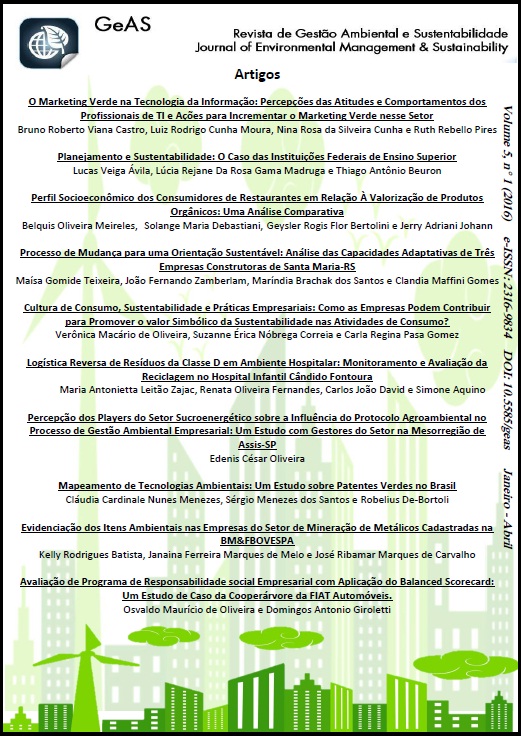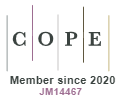Evaluation of Corporate Social Responsibility Programme by Application of Balanced Scorecard: A Case Study of Fiat Automobiles’ Cooperárvore Programme
DOI:
https://doi.org/10.5585/geas.v5i1.478Keywords:
corporate social responsibility, evaluation of social programs, Balanced Scorecard.Abstract
This article sets out to assess Cooperárvore, FIAT Automobiles’ labour corporative project within its “Árvore da Vida” Corporate Social Responsibility Programme, in the city of Betim, in the State of Minas Gerais. This is a descriptive case study whose overall aim is to measure the scope of the automaker’s social actions promoting the development of Jardim Teresópolis neighbourhood, by way of job and income generation, reduction of social vulnerability and economic and human development. Its specific objective is to present an evaluation and monitoring pattern of a social responsibility project by application of the Balanced Scorecard tool (BSC), in order to allow for improving management and inspire other corporate social initiatives.
In the theoretical framework, the importance of corporate social responsibility has been studied in sustainable development, as well as concepts and models of evaluation of social projects. The survey was conducted based on documents related to Árvore da Vida and on interviews involving the programme’s managers and beneficiaries, in a qualitative perspective. From data analysis, positive results with significant advances in the beneficiaries and community development can be noticed. However, at some points it can be seen that the cooperative is not yet able to sustain itself, mainly due to its market limitations, depending on financial contributions and participation of the current sponsor in its management. This requires the management team to adopt some strategic definitions in order to implement short and medium term solutions to broaden the cooperative market to ensure their autonomy and sustainability.Downloads
Downloads
Published
How to Cite
Issue
Section
- Abstract 186
- PDF (Português (Brasil)) 137












